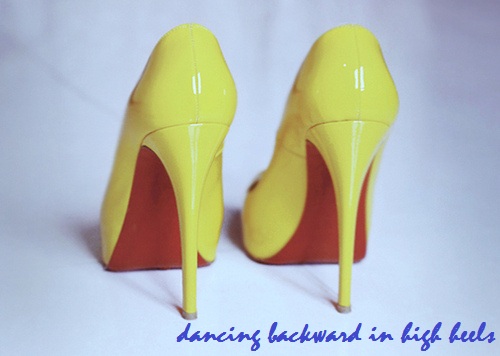I've got mixed feelings about this summer leaving. All at once I'd wish to be back in the middle of it and so thankful its all over. It was one of those summers. You know, the one that I will often begin sentences with, "It was the summer of 2011" or "Remember the summer of 2011?"
I managed to make it through my first year of graduate school, finishing up my last final in the first weeks of June. It was this last quarter that I fell in love with Iliff and classes like Social Construction and Selfhood. It was also in June that I told someone I loved him for the first time. That was a big deal. (And I haven't even come close to taking it back.) My sister moved in with me to spend the summer doing an internship here in Denver and play with me when I wasn't working at Nordstrom. Our playing often included the company of my two cousins, John (10) and Jesse (4).
We would fly kites, ride bikes, go on nature walks, run to baseball games and tennis lessons. Jenna and I enjoyed the company of cousins who became brothers this summer. In the midst of all our fun, we would make trips to the hospital. In June my uncle's pancreatic cancer hit at its worst. Organs failing, energy non-existent. It wasn't pretty. Also in June my grandma Josie had a stroke, leaving her whole left side completely paralyzed. We'd stop in at Porter's to see Grandma before heading just a few blocks away to Swedish to see Uncle Phil.
In the evenings Mitchell and I would be making the most of our last Denver days together by going to our favorite restaurants, having lots of backyard barbeques, and going concerts at Red Rocks. We traveled with our friends to San Diego for a wedding at the zoo. Jenna and I did lots of hiking and shopping. I also got visit from great friends, KTG, Carrie and baby Tinley and SConn. Their visits came at just the right time and gave me just the right amount of escape from my daily routine while offering some much needed perspective (and an excuse to go to the breweries for a day).
On Saturday, July 30th, Mitchell packed up a U-haul of all his earthly possessions and drove away to Texas to be the pastor at Lone Oak United Methodist Church. On Saturday, August 6th, my father called to let me know that Phil had passed. On Wednesday, August 10th, I watched my father officiate the burial of his brother. I wheeled my grandmother around the mountainous terrain of Evergreen, Colorado as she committed the body of her youngest child to the heavens above. I kept track of my little cousins as they wandered among family and friends of their father. I talked about nothing and my upcoming trip to Texas with my Aunt Jennifer, who I now count as one of my closest confidants.
My sister and I followed my parents back to Iowa a few days later. As we drove through the lush cornfields we repeated the following phrase over and over. I am so thankful we were together this summer. I couldn't have done it without you. And unspoken, all I could think was, I hope I never lose you, sister.
At church that Sunday in Orange City so many of my elders assured me of the significance of this summer, of the lessons learned, of the experience. I learned about loss this summer. On the small end of the scale, I lost my boyfriend to the desert of Texas. I lost my daily cuddle and guaranteed dinner partner. But I have perspective now and our relationship can handle such a loss because it could be much worse.
My grandmother lost her physical independence and her temper at times. I learned how to better care for an aging grandparent and that the physical strength that my grandma is working to gain back can never match the strength of her spirit. She buried her son this summer and yet her motivation in physical therapy has not been stalled.
And then I learned about loss that can never be gained back. This world took a son, brother, husband, father and uncle from us. I learned about grief from so many angles and of its necessity for us as humans. I learned that the only weapon that we can use against this injustice, this loss, is love. It sounds so unsophisticated; I guess I was searching for something more complicated, more undiscovered. But it's not, its right there where its always been. As we wade in the injustice of this world, in the loss, in the grief, our only best hope is love; to love others and to allow others to love us.
It was the summer of 2011 that taught me how to genuinely believe in love.






